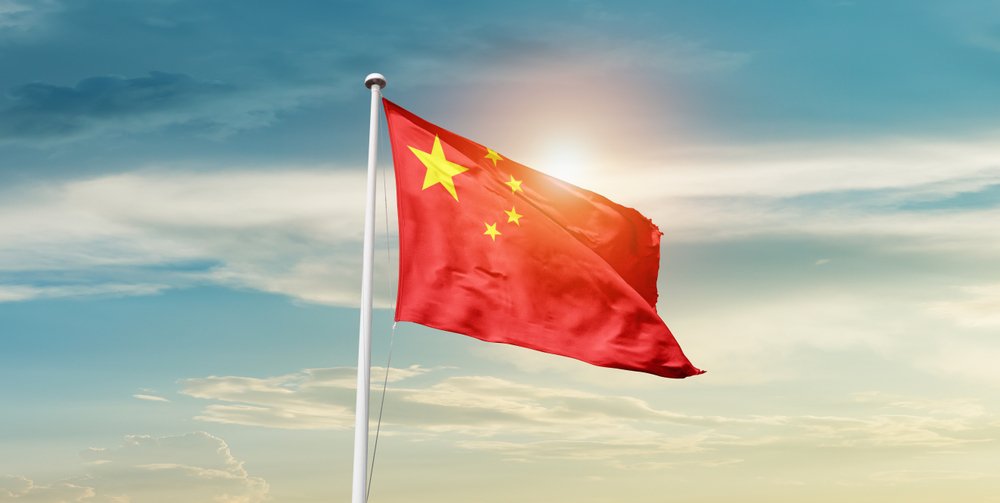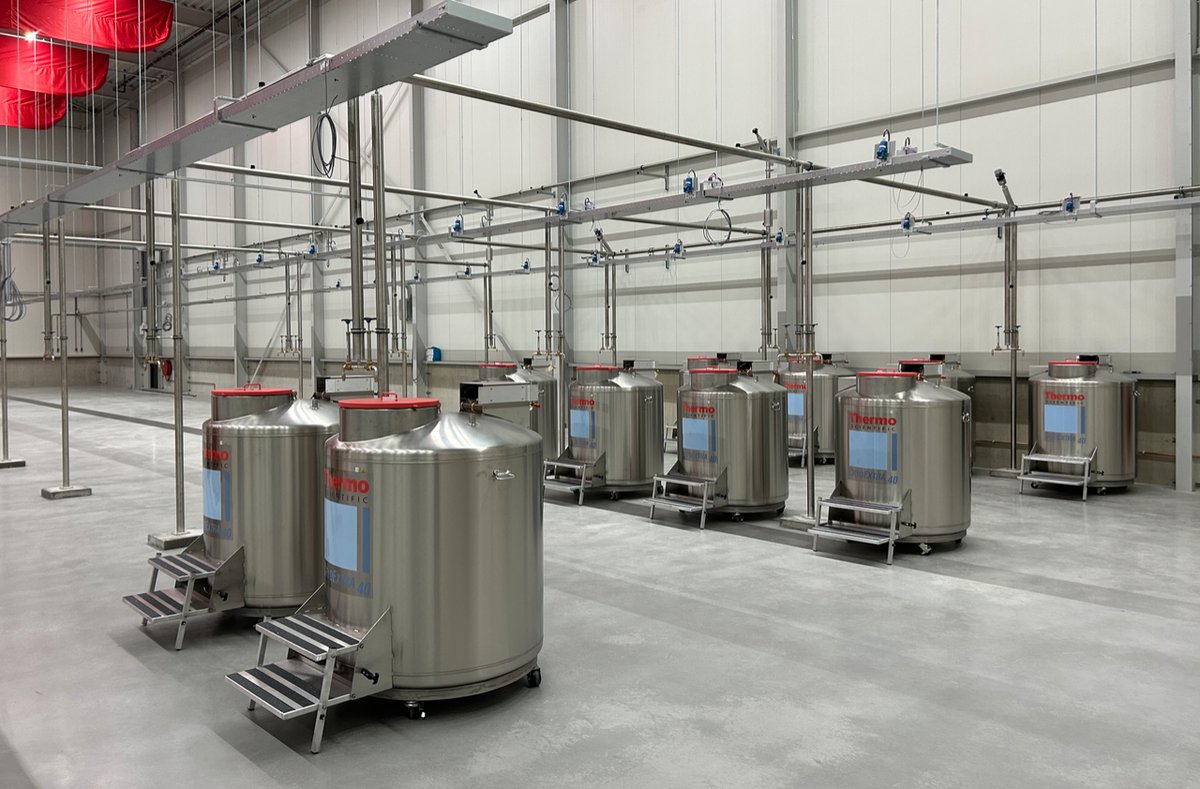Kerry Pickstone, Partner at operations transformation consultancy Argon & Co. discusses the impact of the new anti-espionage laws in China, weighing how Western pharmaceutical firms can embed resilience into their supply chain strategies and mitigate potential disruption.
Pharmaceutical firms are operating in an increasingly volatile world. Drug manufacturers have long relied on China, but geopolitical uncertainties and tightening regulations mean that many pharmaceutical firms are having to quickly divert resources away from Chinese manufacturing sites, leading to concerns about a growing risk of a global supply crunch of critical medicines.
With the ageing population and the rise in chronic illnesses in developed countries, demand for medicine is constantly increasing – contributing to worsening drug shortages across the globe. Coupled with these social changes is the shifting regulatory landscape, adding yet another layer of complexity to pressured pharmaceutical supply chains.
This is stirring up a ‘perfect storm’ for already strained supply chains. But is this the beginning of a supply chain gridlock, or are there steps firms can take to steer through rough waters?
China is Redefining the Global Supply Game
China has been a key player in the global pharmaceutical ecosystem for years. Chinese manufacturing is competitive on price due to lower labour and manufacturing costs, meaning that it is relatively inexpensive to produce pharmaceuticals there. For instance, over 40% of active pharmaceutical ingredients (APIs) are sourced from China – a key part of common drugs like paracetamol and ibuprofen – which is reinforcing Western markets’ dependence on Chinese imports.
But the tide is changing as China is in the middle of a regulatory clampdown. Its new anti-espionage laws are creating concerns that Western pharmaceutical companies will be unable to certify manufacturing sites in China, which could trigger global supply disruptions across the biopharmaceutical sector if alternative suppliers cannot be mobilised quickly. Disruptions could limit access to life-saving medicines, impacting patient access and healthcare systems worldwide. It could also spark price fluctuations and competition for limited manufacturing capacity and materials supply, potentially decreasing affordability and exacerbating inequalities in healthcare access.
Stricter regulations are also stemming from the United States, with regulators working to introduce the BIOSECURE Act: a bill that proposes to restrict the ability of US biotechnology companies to engage in work with contract developers and manufacturers linked to the Chinese government, or any “foreign adversary” seen as posing national security risks. This will have long-term implications on pharmaceutical supply chains; if the industry cannot find alternative sources for specialised ingredients and raw materials, patients could see treatment delays, medication rationing, and increased healthcare costs.
Short-Term Goals to Respond to Tougher Laws
The new limitations of pharmaceutical supply chains offer firms doing business in China a prime opportunity to step back and reassess their manufacturing strategies.
In the short term, any company working with a country impacted by anti-espionage rules should conduct thorough due diligence on current and prospective suppliers, focusing on those located in regions impacted by the regulations. This means assessing their security measures, compliance with regulations, and track record of handling sensitive information.
Pharmaceutical firms with operations linked to China should also provide training to employees on data protection practices, security protocols, and the risks associated with espionage. Building a culture of awareness and vigilance will also empower staff to identify and report any suspicious activities or security breaches. Cybersecurity measures such as multi-factor authentication, encryption, and regular security audits should also be implemented to help protect sensitive data and intellectual property.
Enhancing Resilience for the Future
However, the long-term solution to the more stringent measures centres around embedding resilience into the supply chain. Pharmaceutical firms must reduce dependency on a single sourcing location. Reliance on a single country for production, whether in China or any other nation, exposes pharmaceutical companies to geopolitical risks, trade disruptions, and regulatory uncertainties – potentially impacting the supply of life-saving medication to patients. By spreading manufacturing across multiple regions, companies enhance resilience in their supply chains and can adapt to changing global dynamics.
Some pharmaceutical firms could also build offshoring into their long-term strategies. This presents a viable avenue to mitigate dependency on a single nation and bolster resilience, particularly in light of increased geopolitical volatility. To strategically reallocate production away from China, firms must meticulously assess potential offshoring destinations based on infrastructure readiness, regulatory alignment, and geopolitical stability. This helps to ensure the continuity of critical supply, even in the face of disruption.
However, offshoring does not come without challenges. Offshoring pharmaceutical production away from China may entail substantial cost increases due to transportation expenses, investment in new infrastructure, and higher labour costs. This presents pharmaceutical companies with a dilemma: either accept reduced profit margins, which could impact investment in R&D, or potentially raise costs for patients. What’s more, varying regulatory frameworks can make it both time-consuming and costly to transition into new regions, and approvals are not always guaranteed.
An alternative option for offshoring lies in forging collaborative partnerships with manufacturing hubs beyond China. For instance, sites in Kenya, India, Sri Lanka, and Southeast Asia help to decrease dependence on Chinese production sites. By leveraging the expertise and infrastructure of these regional partnerships, pharmaceutical companies can strategically reallocate production away from China, while maintaining high standards of quality and compliance. This creates a more diverse and robust supply chain ecosystem.
Ultimately, the new anti-espionage rules in China and the potential introduction of the BIOSECURE Act in the US should serve as a warning flag for pharmaceutical companies to rethink their supply chain practices and build resilience into their operations. While firms are currently facing volatility in China, we never know where the next disruption will come from, so Western pharmaceutical firms must diversify their production footprint to minimise the risk of shortages and delays – or risk damaging the supply of life-saving medications to patients.





